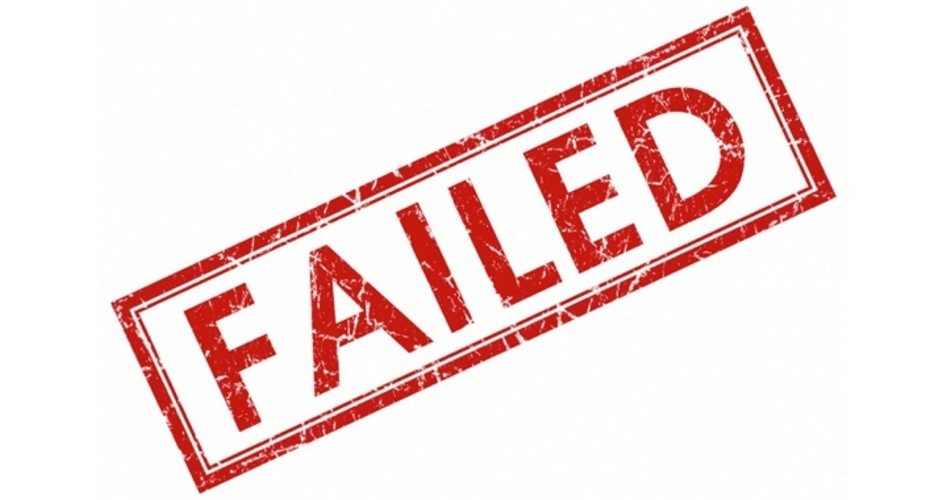
President Obama’s signature “accomplishment” continues to plague the American people six years after it was signed into law. Major insurance companies are threatening to pull out of the healthcare exchanges after experiencing significant losses under ObamaCare, and customers are expected to bear the burden of higher costs and fewer options as a result.
Fox News reports that Aetna, which once lauded the healthcare law, has stalled its expansion plans and is the fifth major national health insurer to estimate significant losses as a result of the Affordable Care Act.
According to Aetna’s CEO Mark Bertolini, the losses result from “structural changes” connected to the healthcare overhaul, forcing Aetna to pull its “2017 public exchange expansion plans” and ultimately conduct “a complete evaluation of future participation in our current 15-state footprint.”
Aetna is not the only proponent of Obamacare that has changed its perspective on the law, notes Fox News. Humana, UnitedHealth Group, Blue Cross Blue Shield, and Anthem have all reported struggles with plans that were sold on the exchanges, indicating that they were not ready for the increased number of customers, particularly high risk customers, many of whom have generated far more claims than could have been predicted.
Blue Cross Blue Shield has reported significant losses on its exchange plans, and Humana has threatened to quit the exchange completely, opting instead to offer just individual plans in 156 counties across 11 states, instead of the current 1,351 counties it currently services in 19 states.
What’s more, the co-ops that were created to keep prices competitive are struggling just as much as the healthcare insurers. Seventy-percent of the original co-ops have gone under.
“The only remaining question is when will all the co-ops collapse, not if,” said Josh Archambault of the Foundation for Government Accountability. “Some might take slightly longer than others, but the future looks bleak, even after billions of taxpayer dollars were spent to get them off the ground and keep them afloat.”
So how does this affect the American people? Increased costs and reduced options, apparently, are the wave of the healthcare future, so long as ObamaCare remains in place.
Fox News writes, “From 2013 to 2016, almost every state has seen an increase in monthly premiums.” An analysis of 17 cities by the Kaiser Family Foundation reveals that by 2017, the average premium increase will be somewhere around nine percent, though some increases are expected to be worse than others. In Alabama, for example, Blue Cross Blue Shield has proposed an increase of 40 percent, and in Texas, it’s as high as 60 percent.
The Kaiser Family Foundation predicts that If more young, healthy customers do not sign up for plans through the exchanges, more insurers will exit, which will force further increases in rates while limiting marketplace competition.
The Hill notes that the fourth ObamaCare signup period begins one week before Election Day and will end one week before the next president’s inauguration, which means the next president will be faced with the very possible “ObamaCare insurer meltdown.”
The timing is significant for two reasons.
First, Larry Levitt, senior vice president of the Kaiser Family Foundation, contends that it will mark a sort of judgement day for ObamaCare as a whole just in time for President Obama’s departure.
Second, it will certainly prove to be a difficult first test for whoever is elected president.
And while solutions to address ObamaCare’s problems have been offered by numerous presidential contenders, the best solution is ultimately for the federal government to adhere to the U.S. Constitution and bow out of the healthcare industry entirely. Government intrusion in healthcare is what has caused the very problems that led to calls for healthcare “reform” in the first place. True free market healthcare — which would allow customers to work directly with their physicians and offer competitive pricing and plans — would be far better for all Americans, including those who have difficulty affording insurance under today’s system.





